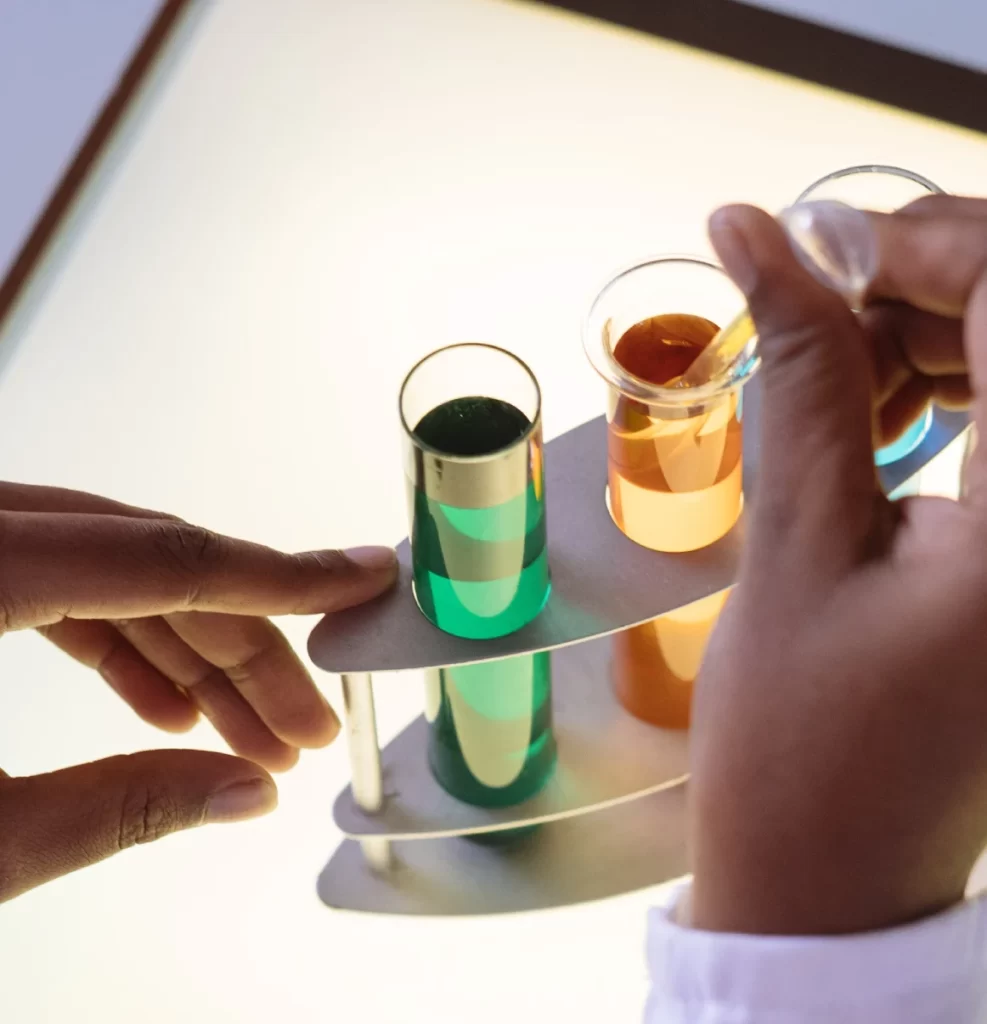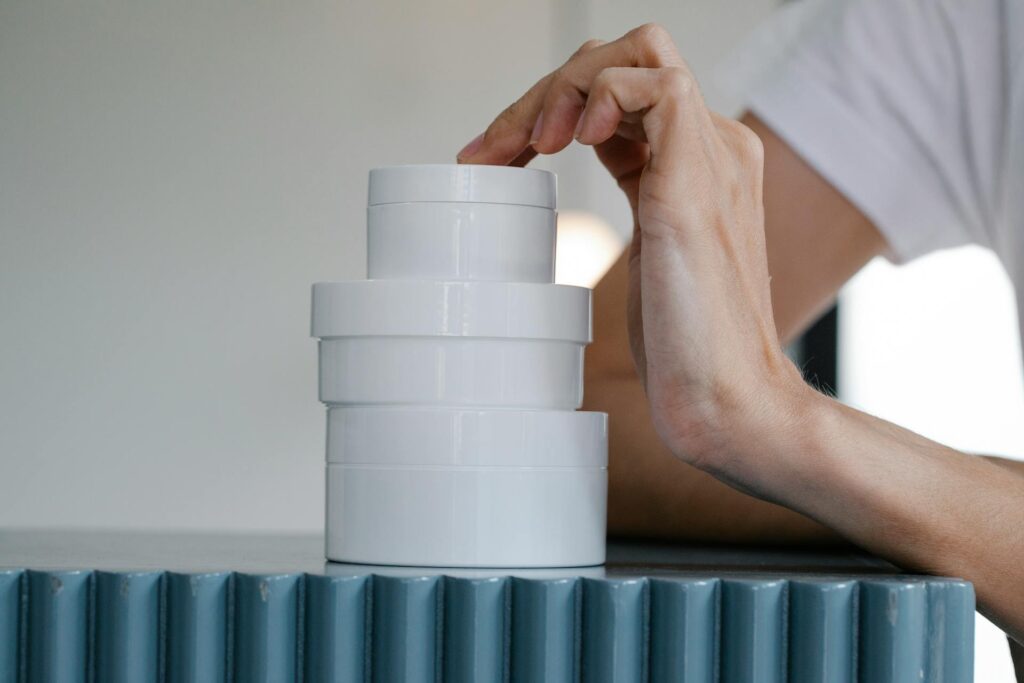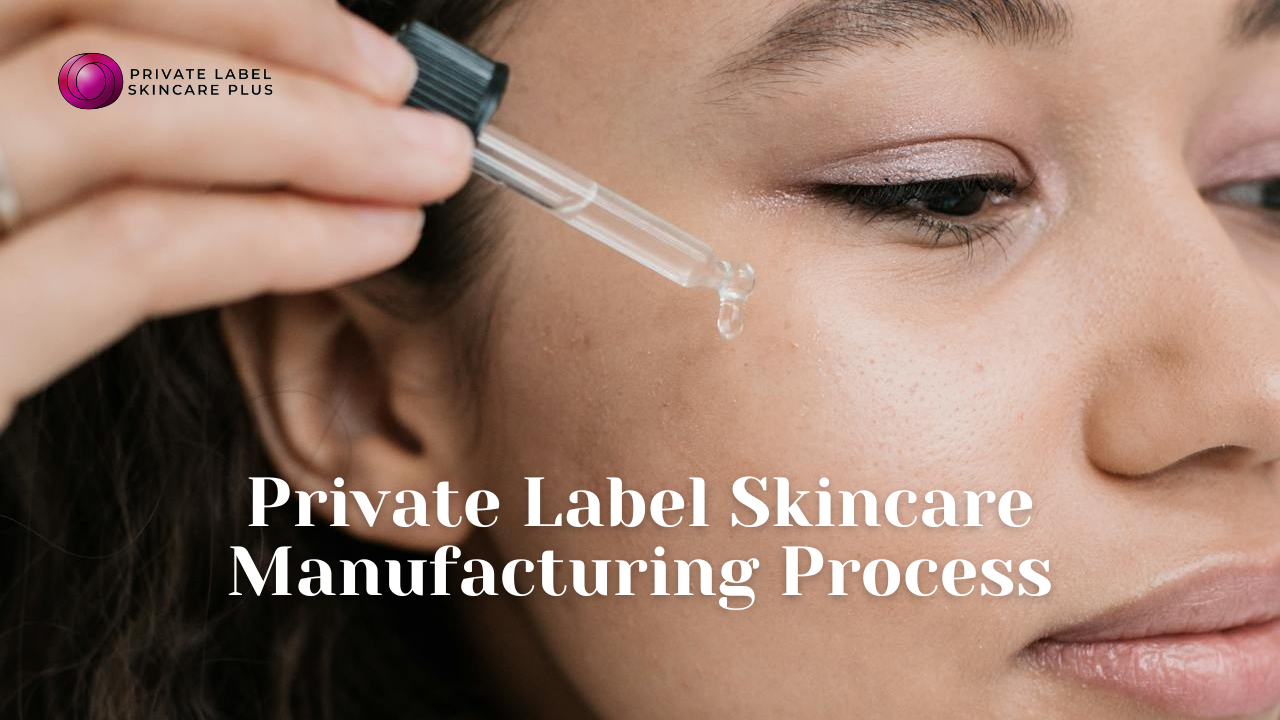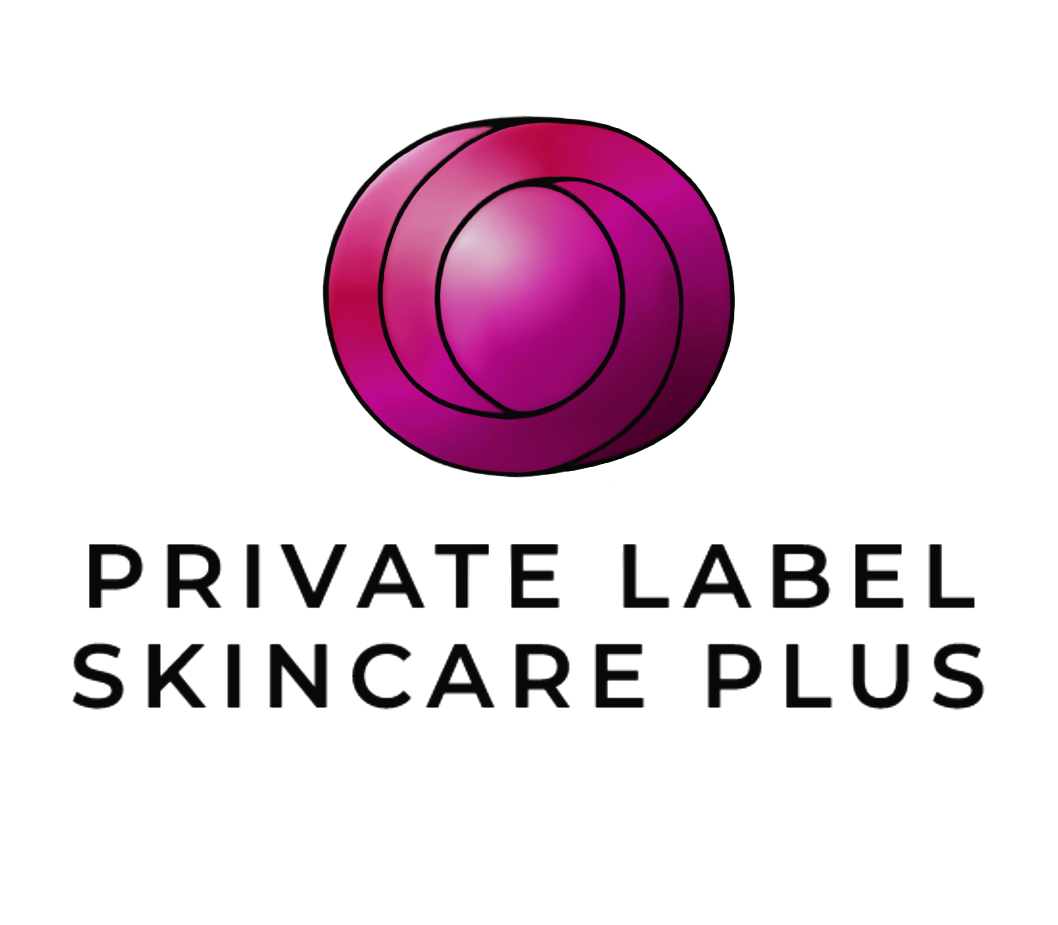The skincare market is booming and so is the demand for private label products. Private label skincare allows you to offer high quality products under your own brand without having to have in house production facilities. If you’re in the US and looking to add to your skincare line, understanding the private label manufacturing process is key. In this post we will break down the steps involved in private label skincare manufacturing, the challenges you may face and the future trends.
What is Private Label Skincare
Private label skincare means products are manufactured by one company but marketed and sold under another company’s brand. This model has become very popular because it’s cost effective and you can offer branded products without the overhead of setting up a manufacturing facility. For skincare product sellers in the US, private label skincare is a way to get into the market fast and efficiently with products that speak to your target market.
Private Label Skincare Benefits
One of the biggest benefits of private label skincare is cost effective. Manufacturers like Private Label Skincare Plus have the infrastructure, expertise and resources to produce skincare products in bulk so brands can benefit from economies of scale. Private label products also offer extensive customization and branding opportunities so you can tailor formulations, packaging and branding to your target market. For brands looking to get into the market fast, private label skincare is a streamlined process so you can focus on marketing and sales not production.
Private Label Skincare Manufacturing Process
1. Initial Consultation
The first step in the private label skincare manufacturing process is the initial consultation. During this phase the manufacturer works closely with the client to understand their brand, target market and product goals. This sets the foundation for the entire process so the final product aligns with the client’s vision and meets the market.
2. Product Formulation
Once the initial consultation is complete the next step is product formulation. This is where you choose the right formulation type – organic, natural or clinical. You can opt for custom formulations tailored to your brand or choose from stock formulations that have been pre-developed by the manufacturer. The formulation process is led by experienced chemists and product developers to ensure the final product is effective, safe and meets your specifications.
3. Ingredient Sourcing
High quality ingredients are the foundation of any skincare product. During the ingredient sourcing phase the manufacturer sources the best raw materials that align with the client’s brand values whether it’s organic, vegan, cruelty free or sustainably sourced. Ethical sourcing and sustainability is becoming more important to consumers and manufacturers like Private Label Skincare Plus are committed to upholding these standards to produce products that are effective and environmentally friendly.

4. Testing
Regulatory compliance is key in the skincare industry. Before any product goes to market it must be tested to ensure it meets the standards, whether it’s FDA regulations in the US or EU standards in Europe. Stability and efficacy testing is critical to ensure the product remains effective throughout its shelf life. Dermatological testing is also important to confirm the product is safe for all skin types. This phase ensures the product performs well and meets all legal requirements.
5. Packaging Design and Selection
Packaging is key to a skincare product’s success. It’s not just about protecting the product but also about communicating the brand and attracting the consumer. Clients can work with the manufacturer to customise packaging designs that reflect their brand identity from minimalist and eco friendly to luxurious and premium. The choice of packaging can also be influenced by sustainability with more brands choosing recyclable or biodegradable materials to appeal to the environmentally conscious consumer.
6. Manufacturing
The actual manufacturing is where the product comes together. During production the formulation is carefully mixed in controlled environments to ensure consistency and quality. Manufacturers have strict quality control measures throughout this phase from mixing ingredients to filling and sealing the product containers. The size of the production batch can vary depending on the client’s requirements whether it’s a small initial run for a new product launch or large scale production for an existing range.
7. Labeling and Branding
Labeling is part of the manufacturing process and must comply with regulations and provide the consumer with all the necessary information, ingredients, usage instructions and warnings. Beyond compliance labeling is also part of branding. A well designed label can make the product pop on the shelf. Clients work with the manufacturer to ensure the labeling reflects their brand and meets all legal requirements.
8. Distribution
Once the product is manufactured, packaged and labeled the next step is logistics and distribution. Effective management of inventory and fulfillment is key to get the product to retailers or consumers on time. Manufacturers often offer different distribution options, direct shipping to retailers, drop shipping to consumers or warehousing services. This phase ensures the product is available where and when it’s needed to maximise sales.
Private Label Skincare Manufacturing Challenges
| Product Consistency | One of the biggest challenges in private label skincare manufacturing is product consistency. Consumers expect the same quality from every batch and any variation can lead to dissatisfaction and damage to the brand. To address this manufacturers have strict quality control measures and use the latest equipment to ensure every product is produced to the same high standard. |
| Regulatory Requirements | The skincare industry is heavily regulated, from product formulation to labeling and marketing claims. Navigating these regulations can be tricky especially for new brands. Working with a manufacturer that knows the regulatory landscape like Private Label Skincare Plus can help brands stay compliant and avoid costly mistakes. |
| Cost | Balancing cost with quality is another big challenge. While it’s tempting to cut corners to save cost, doing so can compromise the product and the safety of the consumer. Manufacturers work with clients to manage cost while maintaining the integrity of the product and offer advice on where cost can be saved without sacrificing quality. |
| Sustainability | Sustainability is no longer a nice to have, it’s a must have. However implementing sustainable practices in sourcing, production and packaging can be tricky and often more expensive. Despite these challenges many manufacturers are committed to going green and recognise that sustainability is a key driver of consumer loyalty. |
Private Label Skincare Manufacturing Trends
Natural and Organic Products
As consumers become more aware of what’s in their skincare products the demand for natural and organic products will continue to grow. This trend will shape the future of private label skincare with more brands looking for formulations without harsh chemicals and artificial additives.
Skincare Technology
Skincare technology is advancing and opening up new possibilities for product formulation. From microencapsulation techniques that enhance the delivery of active ingredients to new highly effective compounds the future of skincare is looking good and bright.

Personalization and Customization
Personalised skincare is on the rise with consumers looking for products tailored to their skin type and concerns. This trend is driving demand for customized private label products so brands can offer unique solutions.
Sustainability and Ethics
Sustainability will be a big trend in the skincare industry. Brands are prioritising eco friendly packaging, ethically sourced ingredients and sustainable manufacturing practices. As consumers demand more transparency and accountability manufacturers will need to stay ahead of these trends to stay competitive.
How to Choose a Private Label Skincare Manufacturer
Things to Consider
When choosing a private label skincare manufacturer you need to consider their experience and expertise in the industry. Look for manufacturers with a history of producing high quality products and who offer a full service from formulation to packaging and distribution.
Questions to Ask Manufacturers
Before you commit to a manufacturer ask about their formulation capabilities, production capacity and quality control processes. Also ask about their approach to compliance and regulatory requirements and their experience in producing the type of skincare products you want to offer.
Choosing a Manufacturer Partner
A successful partnership with a private label manufacturer is built on communication and trust. Choose a manufacturer who will work closely with you to understand your brand and produce products to your standards. Long term considerations such as the manufacturer’s ability to scale production as your brand grows should also be considered.
Conclusion
Choosing the right private label manufacturer is one of the biggest decisions you’ll make as a skincare brand. By focusing on quality, compliance and sustainability you can build a skincare line that resonates with consumers and stands out in a crowded market. Private Label Skincare Plus can help you navigate the complexities of skincare manufacturing, we’re here to support you every step of the way.


